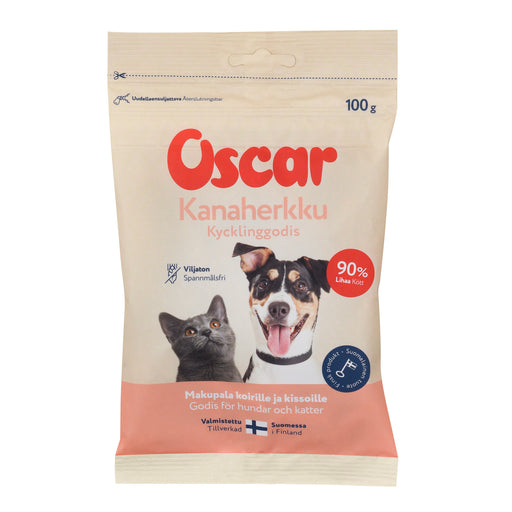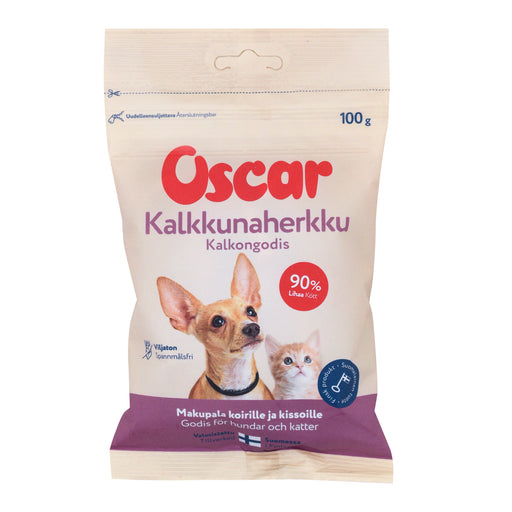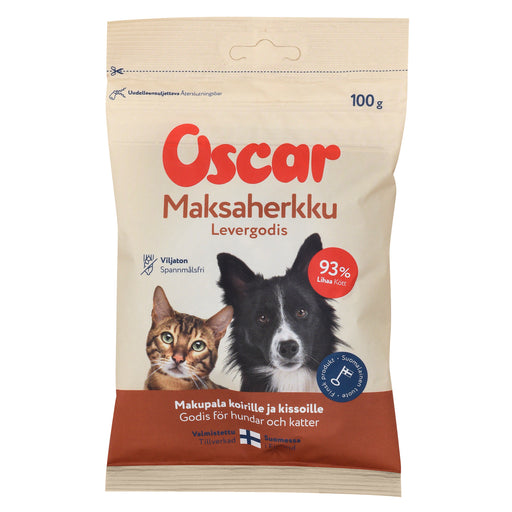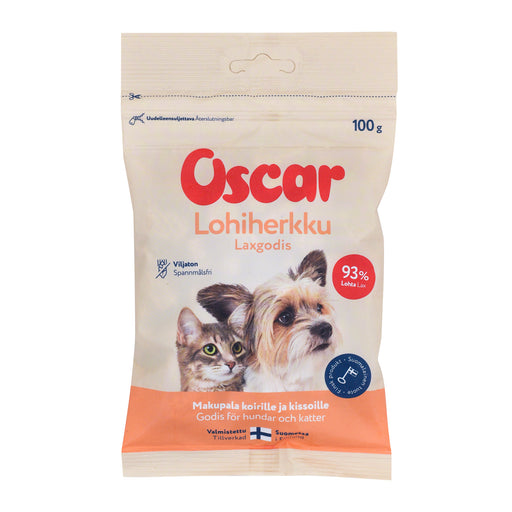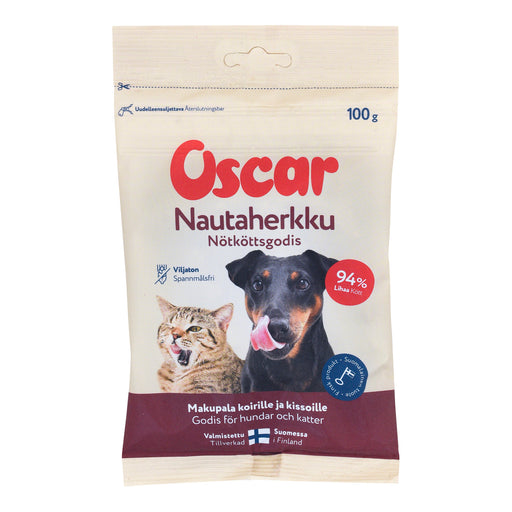Koiranpentu saa perustan ravitsemukselleen jo synnynkodissaan ennen luovutusikää.
Paras mahdollinen lähtökohta tasapainoiselle kasvulle ja kehitykselle saadaan ruokkimalla pennut monipuolisesti laadukkailla ja kasvavan koiran ravitsemukselliset tarpeet täyttävillä ravinnoilla, joko täysravinnoilla tai koostamalla ateriat itse.
Kotiutumisen aikaan on turvallisinta jatkaa pennulle tutulla ruoalla ainakin ensimmäisten päivien ajan. Sinun on siis hyvä tietää mitä pentusi on syönyt kasvattajan luona ja mihin raaka-aineisiin se on totutettu jo ennen luovutusta. Pentukoira on luovutuksen aikaan tottunut syömään noin 4-5 ateriaa päivässä. Myös uudessa kodissa ruokintaa on syytä jatkaa ensimmäisen viikkojen ajan 3- 4 kertaa päivässä, sillä pennun vatsa ei vedä kovin suuria annoksia kerralla, ja energian tarve on kasvavalla pennulla korkea. Pentu tarvitsee kasvaakseen ja kehittyäkseen paljon proteiinia, rasvaa sekä hyvälaatuisia rasvahappoja. Erityisesti Omega 3 rasvahapoista EPA ja DHA tukee hermoston ja aivojen kehitystä. Myös kalsiumin ja fosforin tasapaino on tärkeä luuston kehitykseen, ja D- C-, ja E vitamiineilla myönteinen vaikutus vastustuskykyyn.
Noin neljästä kuukaudesta eteenpäin ruokintakertoja voidaan vähentää noin kahteen kertaan päivässä. Vaikka pentukoira tarvitsee suhteessa kokoonsa nähden enemmän energiaa kuin aikuinen, on liiallista energian saantia kuitenkin vältettävä, sillä ylipaino vaikuttaa kasvavan pennun nivelten ja luuston kehittymiseen. Myös aikuiskoko vaikuttaa ruokintaan ja tarvittavaan energian määrään, sillä suurten rotujen pentujen on suotavaa kasvaa maltillisemmin, jotta vältytään mahdollisilta kasvuhäiriöiltä.
Ruokavalion monipuolisuus jo pentuvaiheessa edesauttaa monipuolisen mikrobiston kehittymiseen ja sillä on suotuisa vaikutus vähentämään suolisto-ongelmien muodostumista. Monipuolisen ruokavalion myötä ruoansulatus kestää paremmin myös kaikenlaiset vaihtelut ruokavaliossa. Hyvän suolen toiminnan tueksi pennun on hyvä saada ruokavaliossa myös prebiootteja, kuten kuituja. Myös maitohappobakteerivalmisteita on hyvä antaa esimerkiksi kuuriluontoisesti, erityisesti hetkinä, jolloin pennun ruoansulatuselimistöön kohdistuu rasitusta.
Oikeanlainen liikunta edesauttaa pennun nivelten ja luuston kehitystä, tukee lihaskuntoa sekä ruoansulatuselimistön toimintaa. Liikkuminen pennun ehdoilla, vapaana ja erilaisilla alustoilla tukee sen kehitystä parhaiten. Ulkoilu lisää myös pennun ruokahalua, joten ruoka on syytä tarjota vasta liikunnan jälkeen.

Pennun ravitsemuksella ja liikunnalla on tärkeä merkitys tasapainoisen kasvun varmistamiseksi. Nivelet ja luusto tarvitsevat oikeanlaista liikuntaa.
Tuotteet koirille
-
Oscar Chicken Treat
OscarTranslation missing: en.product_price.item.price.range_htmlOriginal price3,40 €from 3,40 €Current price 3,40 €New package! Meaty Chicken treat for dogs and cats. NO GRAIN. Complementary feed.
-
Oscar Turkey Treat
OscarTranslation missing: en.product_price.item.price.range_htmlOriginal price3,40 €from 3,40 €Current price 3,40 €New package! Turkey treat for dogs and cats. Supplementary feed.
-
Oscar Liver Treat
OscarTranslation missing: en.product_price.item.price.range_htmlOriginal price3,40 €from 3,40 €Current price 3,40 €NEW PACKAGE! Crispy oven dried treat for dogs and cats made of Finnish beef and beef liver. NO GRAIN. Complementary feed.
-
Oscar Salmon treat
OscarTranslation missing: en.product_price.item.price.range_htmlOriginal price3,40 €from 3,40 €Current price 3,40 €NEW PACKAGE! Soft oven dried treat for dogs and cats made of fresh salmon. NO GRAIN. Complementary feed.
-
Oscar Beef Treat
OscarTranslation missing: en.product_price.item.price.range_htmlOriginal price3,40 €from 3,40 €Current price 3,40 €NEW PACKAGE! Crispy oven dried treat for dogs and cats made of Finnish beef. NO GRAIN. Complementary feed.

